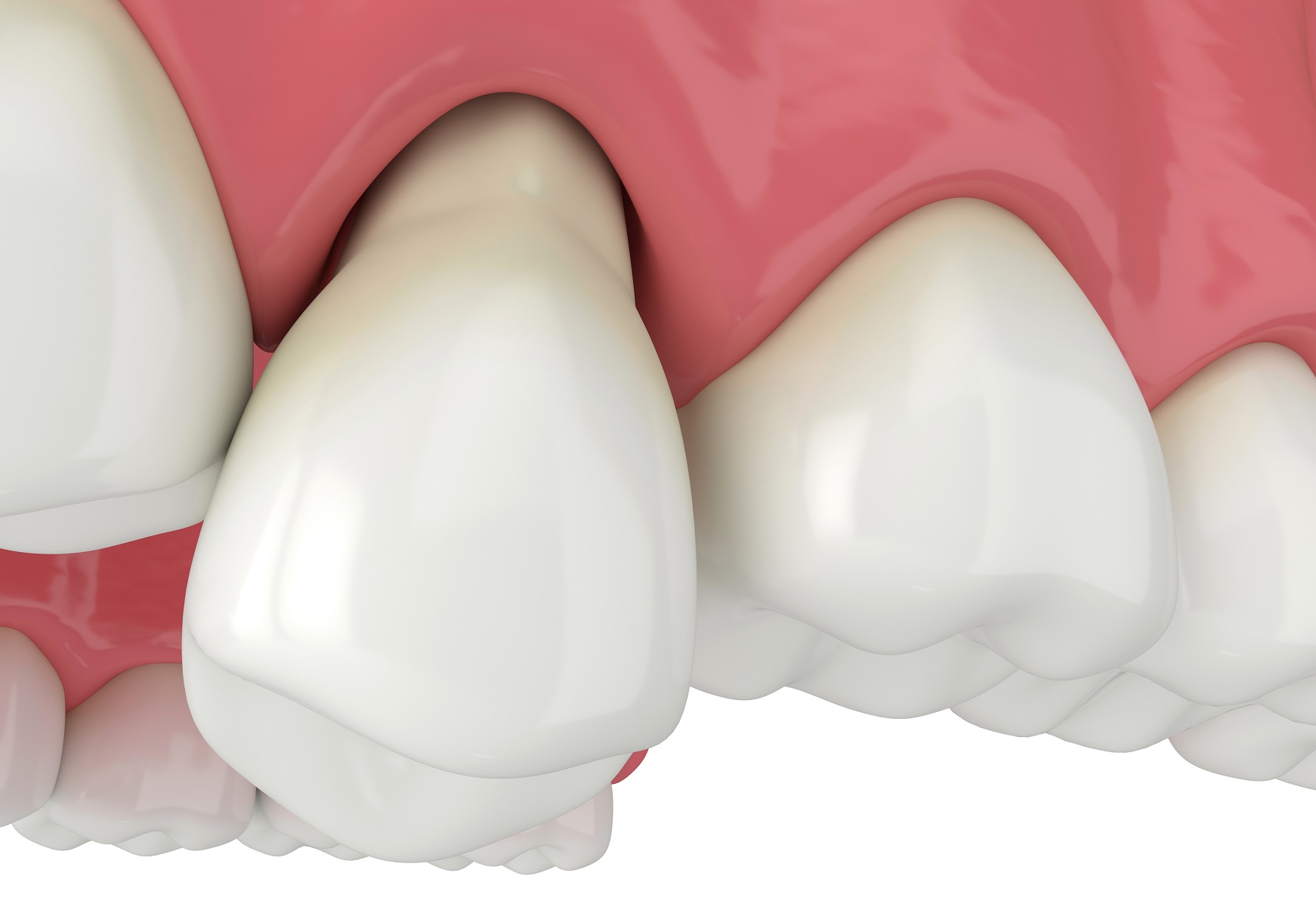
Losing one or more teeth can change a lot about your oral health and your daily routine, from negatively impacting your self-confidence to changing how your teeth absorb pressure from your bite. In addition to what you can immediately notice, your smile also goes through several changes that can have an increasingly more dramatic impact on your long-term oral health. Fortunately, addressing the loss by replacing your missing teeth can help you slow or prevent many of what your smile experiences, especially if your prosthesis is supported by one or more dental implant posts.
Your other teeth become crooked
Your teeth rely on each other when you bite and chew, and after losing one or more of them, the alignment and positions of your remaining healthy teeth can be one of the first things to be affected by it. Losing a tooth won’t lessen the pressure of your bite, which is generated by your jaw joints and muscles, but it will affect your teeth’s ability to properly distribute and absorb that pressure. This can expose some of your remaining teeth to excessive amounts of pressure that could damage them. To make up for the change in bite pressure, the teeth closest to the empty space can also shift toward it, creating more complications for your oral health.
Your dental ridge loses stimulation
The visible parts of your teeth, called the crowns, are responsible for your biting and chewing actions, which is why replacing them is important. However, the roots of your lost teeth are also important to this function, as they provide your teeth crowns with the stability and support they need to absorb your bite’s pressure. They also translate this pressure into stimulation within your jawbone, which helps reestablish a healthy flow of nutrients to the bone structure. This helps prevent one of the bigger consequences of tooth loss, which is the loss of stimulation that results in diminished mass and density in your dental ridge.
Your risks of losing more teeth skyrocket
People who experience tooth loss are at a higher risk of losing more teeth for several reasons. The impacts on your remaining teeth can make them more vulnerable to conditions like tooth decay or severe tooth damage, which compromises their long-term integrity. Also, the diminishing effect on your dental ridge’s mass and density can also make it more likely that one or more teeth will lose much of their support over time. Replacing the roots of your lost teeth and restoring the stimulation they provided with one or more dental implants can often help stop this from occurring, and keep your risks of further tooth loss from skyrocketing.
Restore your smile with an implant restoration
Your smile goes through a lot after losing one or more teeth. Fortunately, you may be able to successfully restore it with a dental implant-supported restoration. To learn more, schedule a consultation with us by calling the office of Dr. Stuart Dexter in Prairie Village, KS, today at 913-362-8200.

